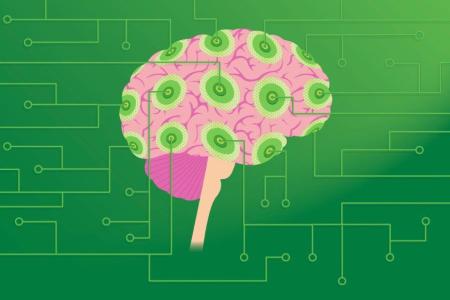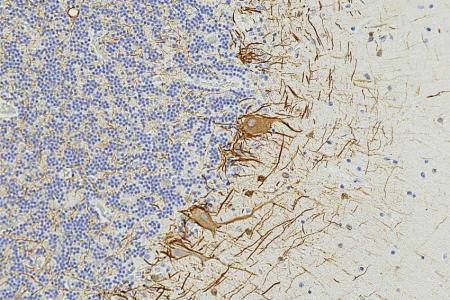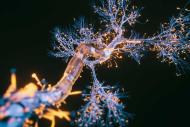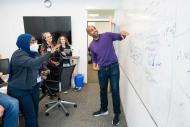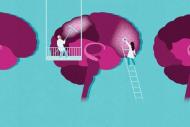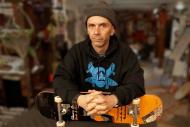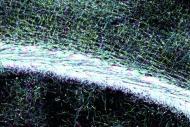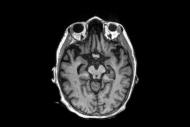$75 million NIH grant could lead to the first effective drugs for a condition with few treatment options. A clinical trial that will test three drugs concurrently, and could include more, represents new hope for patients with progressive supranuclear palsy (PSP), an incurable neurodegenerative disorder that usually kills within seven years after symptoms start.
One of America’s oldest programs to bring students from different backgrounds into science research has changed the lives of thousands. For more than 30 years, UCSF has run a 10-week summer internship program for 40-54 health/life sciences undergraduates. Students are assigned to a lab at UCSF and conduct research, which they present at the end of the program.
Researchers say we’re on the cusp of a new era where physicians will personalize care, adjusting medications and pacemakers based on videos captured at home by patients that can be analyzed by artificial intelligence. A new video-based symptom assessment system for Parkinson’s Disease that is enabled by machine learning represents a potential solution to the challenge of assessing Parkinson’s Disease progression in a quantifiable way.
In a first, UCSF scientists develop an adaptive brain pacemaker that can prevent Parkinson’s symptoms before they occur. An experimental adaptive deep brain stimulation (aDBS) device had tremendous success in a trial that helped a Parkinson’s patient, who is a former skateboarding professional, resume skating and mentoring San Francisco youth.
Ten years of work, and a little help from the green mamba snake, has resulted in a promising new drug that is already being tested in clinical trials. Scientists at UCSF and Contineum Therapeutics have developed a drug that spurs the body to replace the protective insulation around nerve cells, myelin, that is lost in multiple sclerosis. If it works in people, it could be a way to reverse the damage caused by the disease.
'US News & World Report' 2024-2025 lists UCSF Health as tied for No. 1 adult hospital in California, No. 3 nationwide in neurology/neurosurgery and geriatric care. UCSF Medical Center has been ranked among the country’s best hospitals in adult care in U.S. News & World Report’s prestigious Best Hospitals survey.
Researchers at UCSF and UC Davis solved a long-standing puzzle on how the bones of breastfeeding women stay strong even as they lose calcium to milk. A newly discovered hormone explains why females can maintain bone density during lactation, when calcium is stripped away to make milk. This discovery could one day have applications to treating fractures, osteoporosis, and other bone diseases.
The discovery of a unique pattern of proteins in the spinal fluid of patients may help with earlier diagnosis and new treatments for progressive supranuclear palsy. Scientists have identified the biomarkers in progressive supranuclear palsy, a type of frontotemporal dementia, the most common dementia affecting people under 60.
Higher inflammation in young adulthood linked to lower performance on processing speed and memory skills tests in midlife. A study linked chronic inflammation in early adulthood to loss of cognitive skills in midlife. Chronic inflammation is caused by obesity, smoking, and poor health. Those with higher levels of inflammation were twice as likely to have poor cognitive performance than those with low inflammation.
Funds will allow them to pursue questions related to learning and reward, cell therapies for cancer, and cancer genetics. Three UC San Francisco scientists have received 2024 Pew awards to fund their research in neuroscience and cancer: cognitive scientist Vijay Mohan K Namboodiri, PhD; bioengineer Justin Eyquem, PhD; and postodctoral student Jovanka Gencel-Augusto, PhD.


